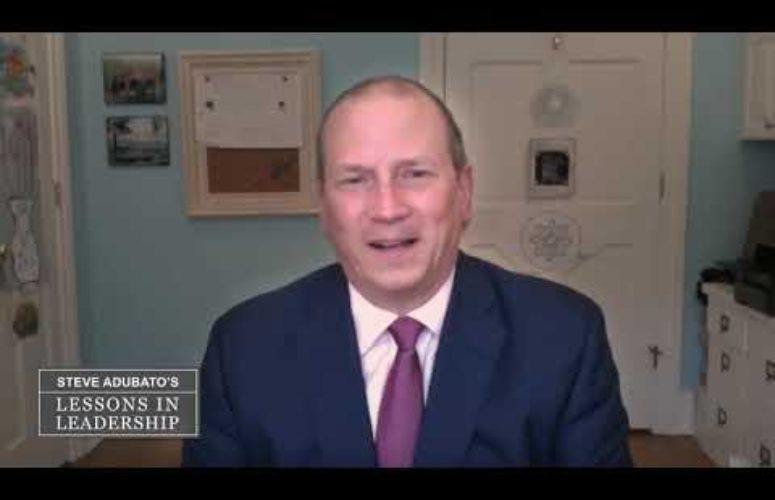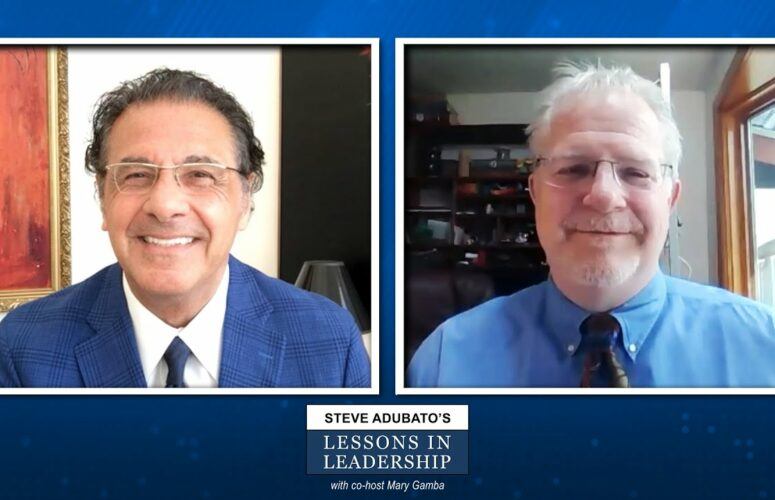Your Voice is a Powerful Instrument
By Steve Adubato, PhD On Jan 3, 2020When a carpenter builds a house, he must have a set of tools. When a golfer goes out to play 18 holes, he hopefully has the right clubs. And, when a great musician plays, he uses his instrument to create magic. Contrary to conventional wisdom, the same thing is true for the great communicators when it comes to using their voice.
The issue of how we use our voice is especially important in telephone communication, where there is no visual stimuli to create an impression. The voice is all we have, and our success is largely based on the receiver’s perception of us through how we use our voice. Those involved in telephone sales are especially aware of this phenomenon. Consider the following tips on using your voice as a powerful instrument:
Avoid “up-speak”. Consider what happens when your voice goes up at the end of a sentence, which is referred to as “up-speak.” Your intent may be to make a clear and powerful statement. However, your audience may perceive that you are in fact asking a question and not sure about what you want to say. This can risk you being perceived as indecisive and not confident. When introducing yourself if you say, “I’m Steve Adubato?,” with the tone of your voice rising, that’s a lot different than saying, “I’m Steve Adubato,” as a clear statement of fact.
Pausing. The truly great public speakers understand that pausing in between sentences as well as within the body of a sentence is a powerful technique. When you pause, you create anticipation in your audience. It also allows you to collect your thoughts and add emphasis at certain times. Pausing as a vocal tool doesn’t happen by accident. The great communicators say it is something they have learned to incorporate into their presentations through practice. Again, the voice is an instrument and mastering this instrument doesn’t happen overnight.
Volume fluctuation. Vocal variety communicates that you are truly connected to your words and the meaning behind them. No monotones here. When you are reading a story and you come across an exclamation point, some emphasis needs to be added. People often ask, how do I practice vocal variety? How do I get rid of my monotone delivery? You must become more aware of how you are using or not using your voice and make a commitment to take a risk—to allow yourself to raise and lower your volume when appropriate.
Passion and energy. Another vocal technique is to tap into your passion and what you feel when you are delivering a message. This means also keeping your energy level in check, especially if you are leading a lengthier call or meeting. If your energy level dips, so will the interest of those on the receiving end of your message. Therefore, tap into your passion and when you do that, vocal variety is more likely to follow in a natural, comfortable and conversational fashion. Think Louis Armstrong playing the trumpet. Get the picture?
Tone. Just as instruments can have pleasing tones, when played incorrectly, the results can be ear-piercing. The same is true with your voice. The key is to be sure that the tone you are using is in sync with the message you are delivering. If you are delivering an upbeat message to your team, your tone should be light, sincere and friendly. Contrarily, a more curt, firm tone may be appropriate when delivering a message that you are not happy with something. Simply put, your tone can positively or negatively impact your interactions with others.
The only way you can allow your voice to be the communication instrument it was meant to be is to see yourself as the musician, the carpenter or the golfer who connect to their tools on a deeper, more personal level. Try it, you’ll be amazed at the music you can make.
Related Articles:





